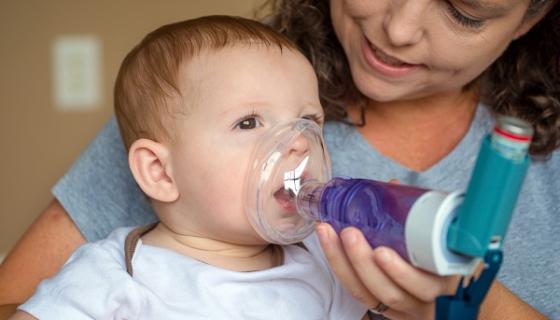
Medical conditions policies and individual plans for children
Approved providers must also ensure the services have a suitable medical conditions policy in place (regulation 90 Education and Care Services National Regulations). Each child with a diagnosed health condition must have a current health care plan, also known as an emergency management plan. This plan
The plan must be completed by a medical practitioner and include a start and review date. It is vital that it’s kept up to date, as health needs may change over time. You must also complete a risk-minimisation plan with the child’s family. A communication plan is required to ensure all educators know how to manage the medical condition and reduce risk of an incident.
Maria Said, CEO of Allergy & Anaphylaxis Australia, said food allergy was common in young children and having current plans, policies and procedures increased children’s safety. “It is critical that each child with food allergy has a current health care plan,” she said.
Out-of-school-hours care services located at a school may want to work with the school to ensure their policies and procedures are support each other and meet their shared duty of care.
Requirements under the Medical conditions policy requirements (r 90)
Services must have three plans in place to manage diagnosed medical conditions in children:
- health care plan (aka emergency management plan)
- risk-minimisation plan
- communication plan.
For more information see:

